


Fewer Atlantic mangrove fiddler crab embryos survived in a warmer, more acid environment mimicking conditions forecast for the end of this century. Given the important ecological role of this invertebrate in mangroves, the researchers warn of a potential cascade effect.

Researchers at the University of São Paulo discover that the fungus Fusarium verticillioides uses volatile compounds to manipulate insects and plants, promoting its own dissemination.

An Anglo-Brazilian research center analyzed samples from blood donors tested for antibodies against the novel coronavirus.

Supported by FAPESP and led by a researcher at the Federal University of São Paulo, EPICOVID-19 BR 2 tested 120,000 people in 133 cities between January 25 and April 24, 2021. Amazonas was the state with the highest seroprevalence, with positive test results accounting for 31.4%. The nationwide average was 15%.

The device was used for the first time to culture two maternal endometrial cell types, revealing the effects of alterations in glucose and insulin levels in the uterine environment. It can also be converted into a model for study of pregnancy in humans and endometriosis.

The discovery, made possible by a partnership between a research group and a startup in São Paulo state (Brazil), could lead to novel treatments for intracranial hypertension and its complications, such as stroke.

A group at the University of Campinas used protein mapping to show how abnormal levels of the neurotransmitter glutamate impair the functioning of neurons and oligodendrocytes. The findings could serve as a basis for more effective treatment.

Hybrid material made from magnetite nanoparticles sticks to contaminants and can be removed from water by a magnet. The technique can be adapted for use in removing synthetic dyes, drugs, hormones and pesticides.
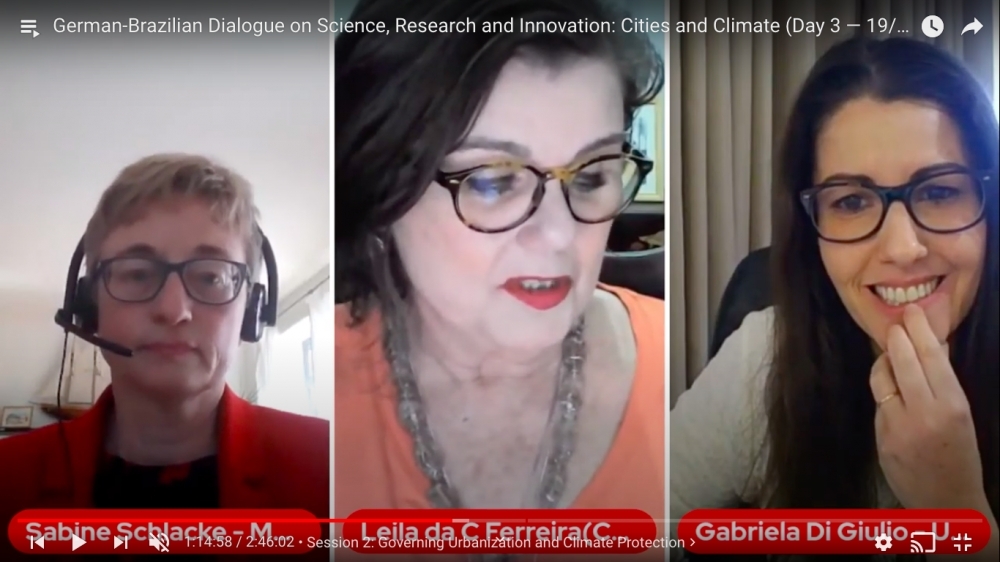
Cities located in metropolitan areas of this Brazilian state score better according to an index that measures the existence of public policies designed to adjust critical sectors to the impacts of climate change.

Patients with dementia and especially Alzheimer’s run a threefold risk of dying as a result of infection by SARS-CoV-2. The risk is six times greater if they are over 80, according to a study by Brazilian researchers.
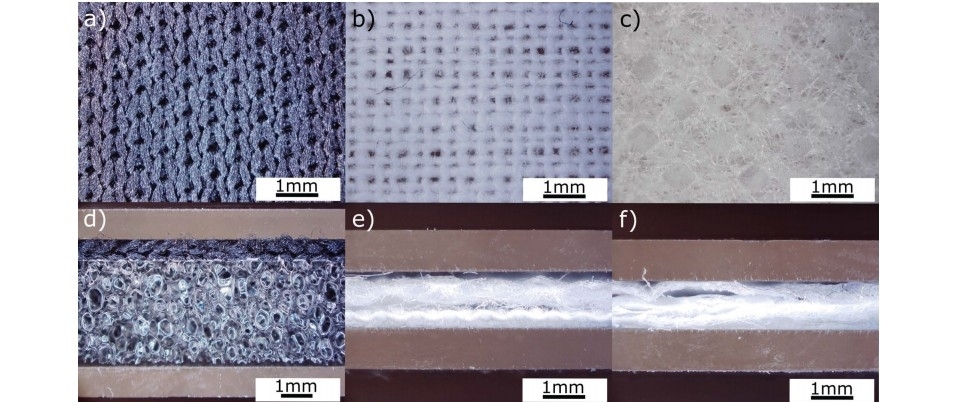
Models for professional use were the most effective at retaining aerosol particles of a size equivalent to the novel coronavirus, followed by TNT masks sold in drugstores. The efficacy of fabric masks ranged from 15% to 70%. A tight fit and lack of seams enhanced protection.
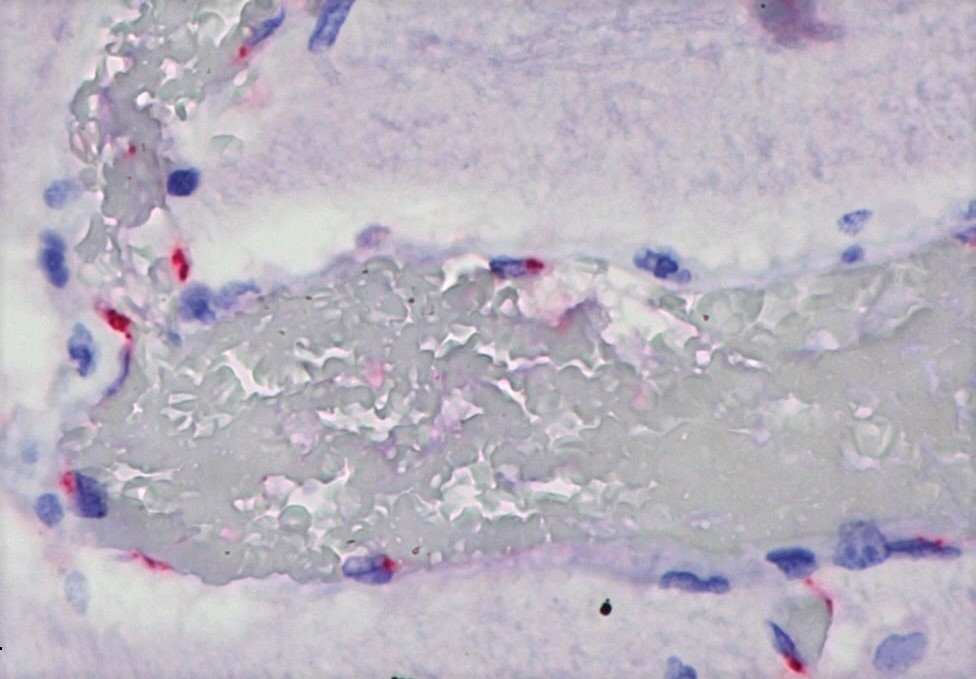
The largest series of autopsies ever performed on children who died from COVID-19 showed that the ability of the novel coronavirus to invade and damage the tissue of all major organs is one of the factors leading to multisystem inflammatory syndrome in children (MIS-C).
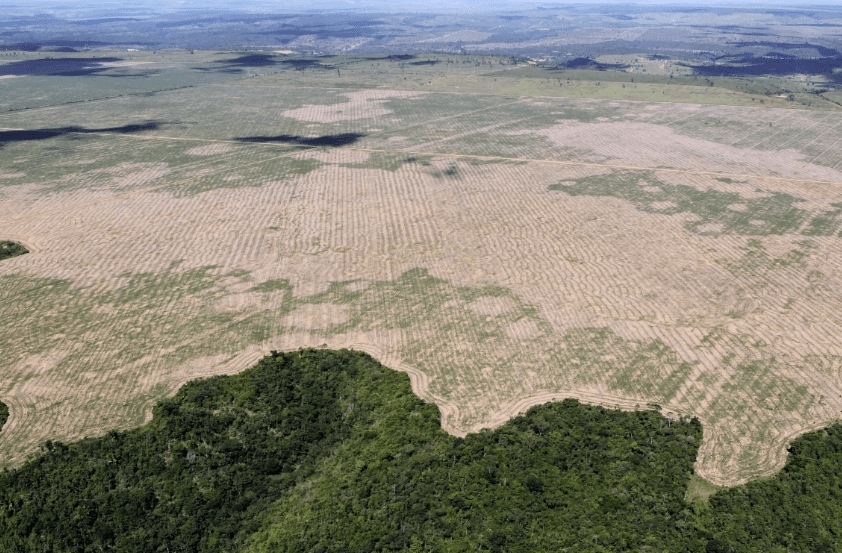
Illegal logging to clear land for cattle grazing has fueled growth in Brazil’s greenhouse gas emissions, according to participants in a webinar on the prospects for COP26 hosted by FAPESP.

Brazilian researchers studied the case of identical twins in which only one sibling was reinfected and developed complications after a second exposure to the virus. Their analysis showed that the adaptive immune response can be different even between individuals with the same genome.
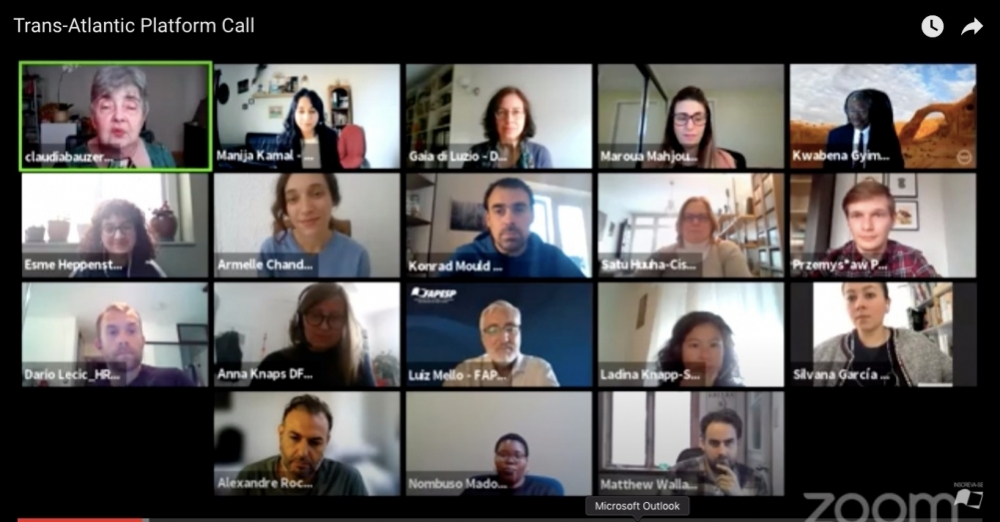
The call aims to advance knowledge of the societal effects of the COVID-19 pandemic and solutions to mitigate them. The submission deadline is July 12. Eligibility checking ends June 14.

With support from FAPESP via its program to fund innovative research, the startup has developed a rejuvenating serum based on bioactives obtained from sweet wormwood, a plant used in traditional Chinese medicine.
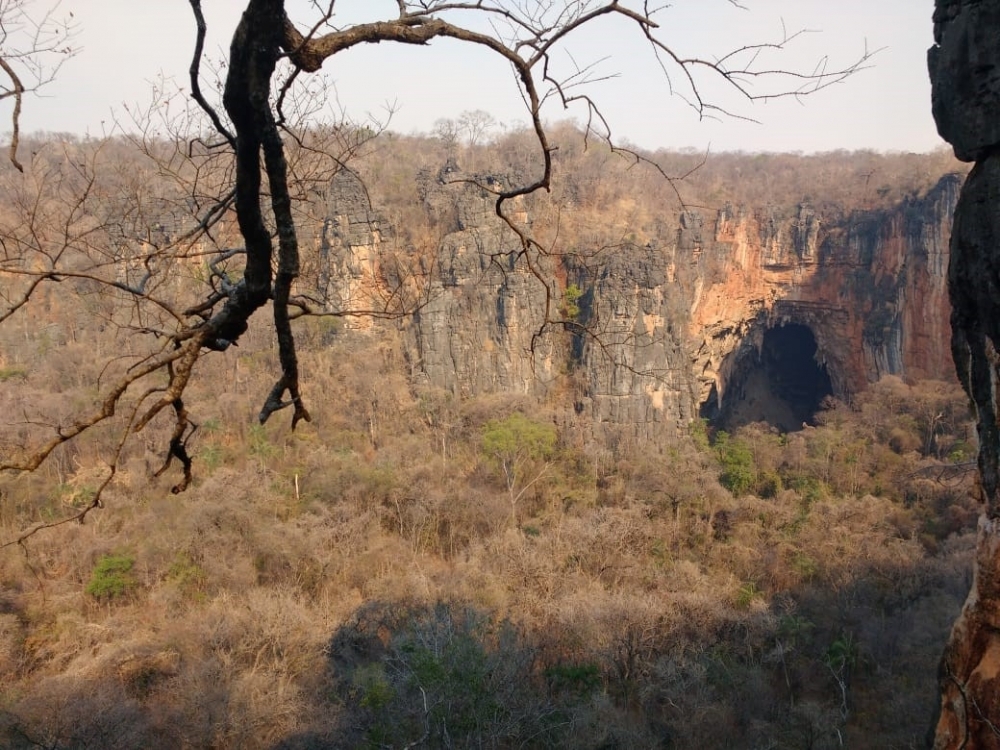
The study was conducted in a Brazilian national park and was based on analysis of tree rings in the species Amburana cearensis, as well as satellite images.
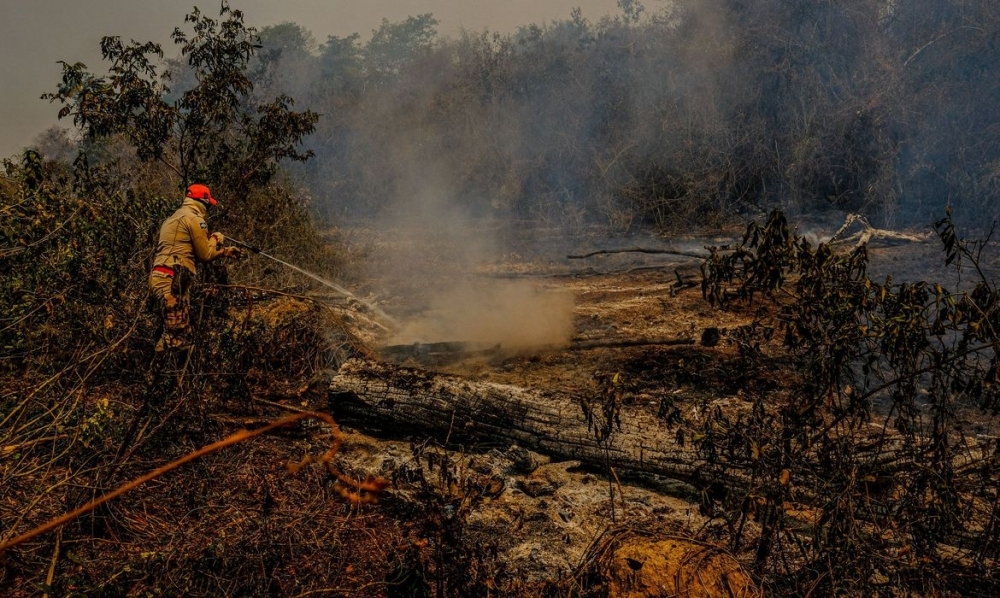
The study shows that the 2019-20 drought resulted from a natural meteorological phenomenon similar to the one that caused the 2014-16 critical water shortage in São Paulo state, Southeast Brazil.

This is the main finding of a study published in Clinical Infectious Diseases. The authors analyzed blood samples collected in a town in the Brazilian Amazon before and after the first wave of the pandemic to detect the presence of antibodies against dengue virus and SARS-CoV-2.

Trials performed by researchers at the University of São Paulo with healthy young adults show that the right level of protein intake is the key to muscle health, regardless of protein source.
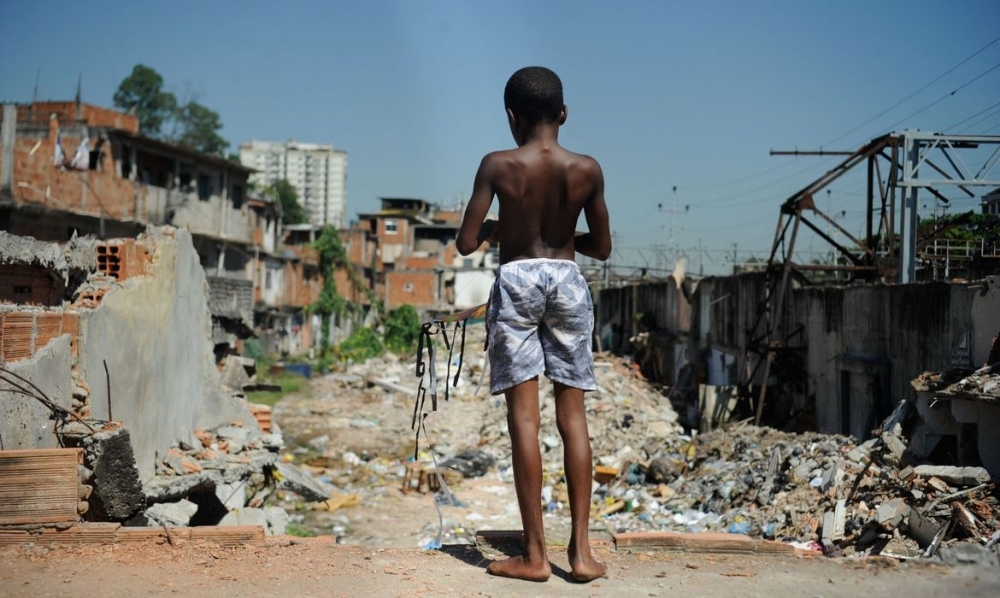
Strategies to increase funding for action-oriented research that helps make societies and economies more resilient, equitable and sustainable were the focus for the Second Global Forum of Funders, held online on April 26-28.
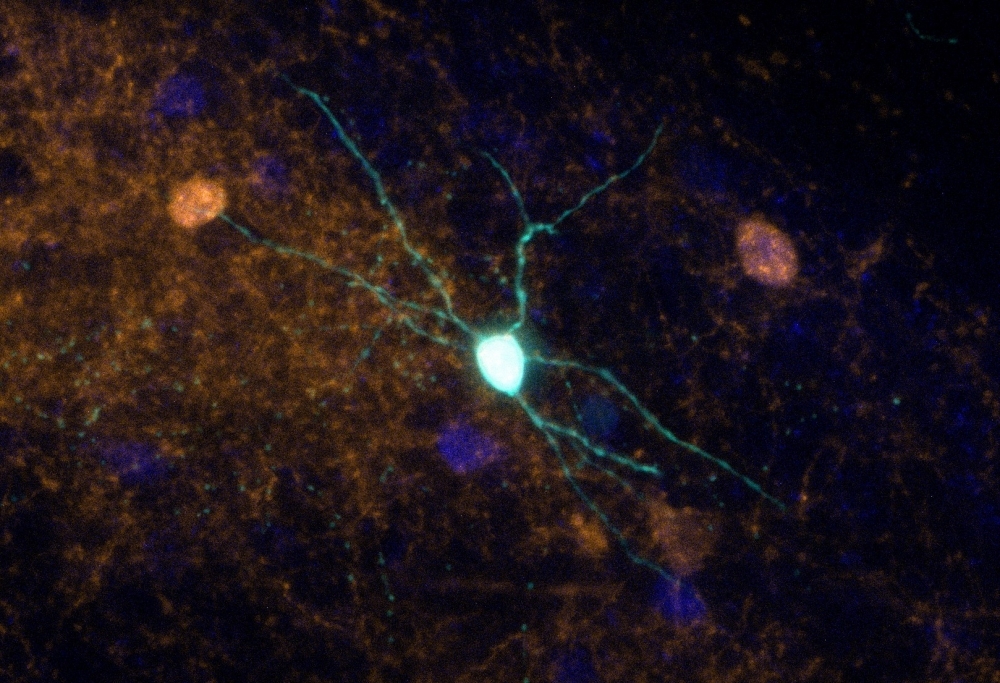
The research group created a virus capable of acting on specific adult brain regions, helping to elucidate the role of key neurons in the prefrontal cortex. They tested the technique on mice.

Conclusion was drawn from a study that involved 92 adolescents aged 11-18. The findings underscore the importance of considering differences between the sexes when treatment is planned.

Brazilian scientists conducted preclinical trials to test membranes produced from mesenchymal stem cells that can differentiate to cartilage and promote local immunoregulation.
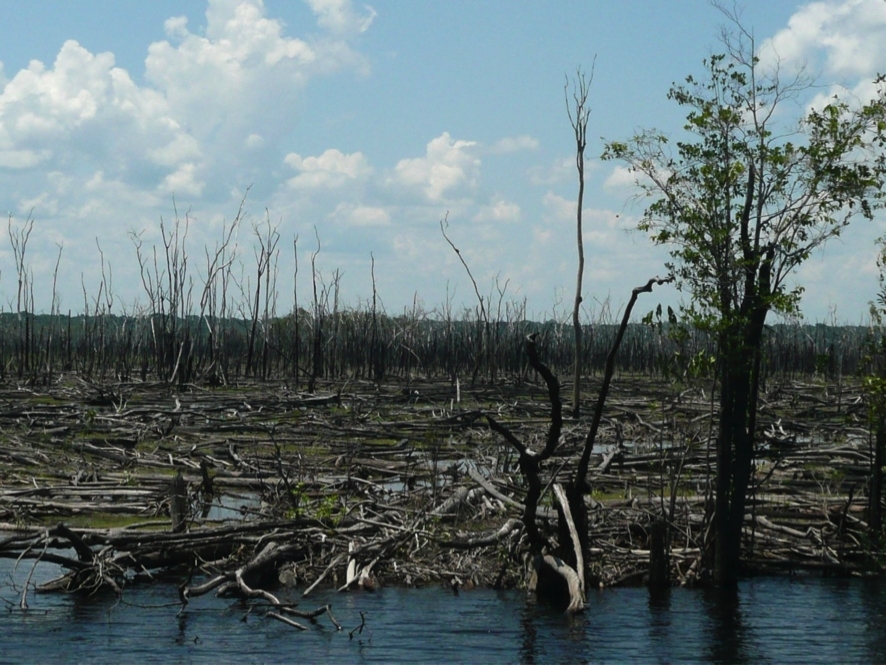
Researchers analyzed the effects of wildfires on plant cover and soil quality in the last 40 years. The findings of the study show that the forest is highly vulnerable even in well-conserved areas far from the ‘deforestation arc’.